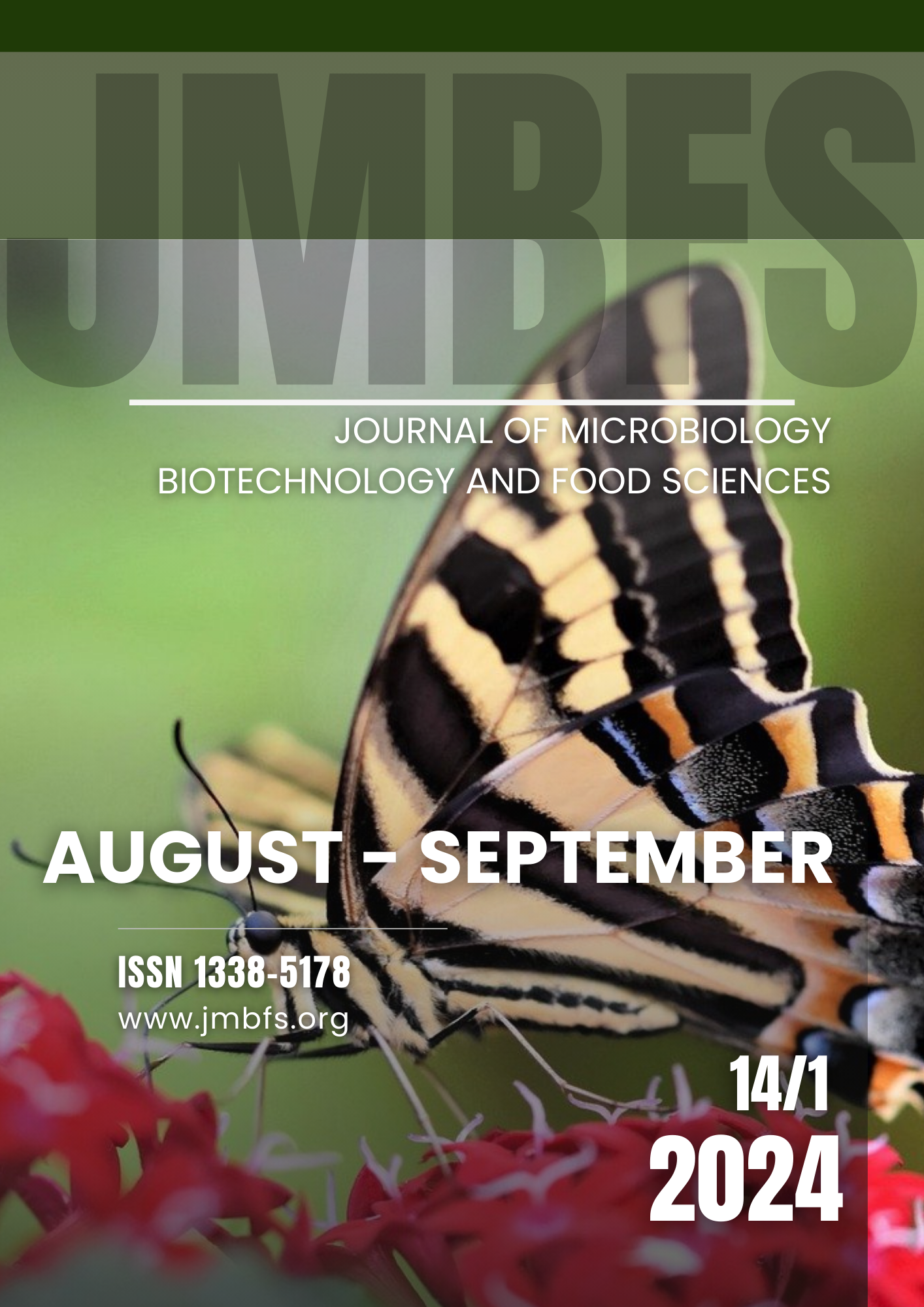COMPARATIVE STUDY OF QUERCETIN & LEMON PEEL EXTRACT ON MULTIPLE DRUG RESISTANT BACTERIA
DOI:
https://doi.org/10.55251/jmbfs.10099Keywords:
Quercetin, Lemon peel extract, AST, MIC, MDRAbstract
The current investigation explores the antibacterial properties of Quercetin, a flavonoid found in plants, and lemon peel extract, renowned for its rich bioactive content, against multiple drug resistant bacteria. The study method involved the identification of multidrug-resistant bacteria through antimicrobial susceptibility testing (AST). Nine standard bacterial strains exhibited resistance to different antibiotics, with a MAR index exceeding 0.10, including Ampicillin, Vancomycin, Polymyxin B, Nitrofurantoin, Trimethoprim, and penicillins.In the present study bioactive compounds from lemon peel were extracted using two solvents, methanol and water, and their efficacy was assessed against drug-resistant bacteria. Minimum Inhibitory Concentration (MIC) values, determined by using the well plate method, revealed lower MIC values for the water extract (LPWE) compared to the methanol extract (LPME) and quercetin. For instance, the MIC for LPWE against E. hermanniensis ATCC 700323 was 140 mg/ml, whereas it was 50 mg/ml for quercetin & 1 mg/ml for LPME. From the results, it can be interpreted that Methanol extract was most effective against drug-resistant bacteria when compared to water extract and quercetin.Furthermore, GC-MS analysis was performed to analyze the chemical entities present in each extract. Given the activity of LPME, LPWE, and Quercetin against both Gram-negative bacteria and Gram-positive bacteria, these extracts hold promise as broad-spectrum antibacterial agents applicable in various fields such as medicine, food, and cosmetics.
Downloads
Downloads
Published
How to Cite
Issue
Section
License
Copyright (c) 2023 Madhuri Patil, Renu Jaisinghani, Ravindra Sharma, Rohini Patil

This work is licensed under a Creative Commons Attribution 4.0 International License.
All papers published in the Journal of Microbiology, Biotechnology and Food Sciences are published under a CC-BY licence (CC-BY 4.0). Published materials can be shared (copy and redistribute the material in any medium or format) and adapted (remix, transform, and build upon the material for any purpose, even commercially) with specifying the author(s).





